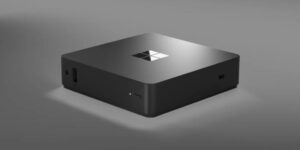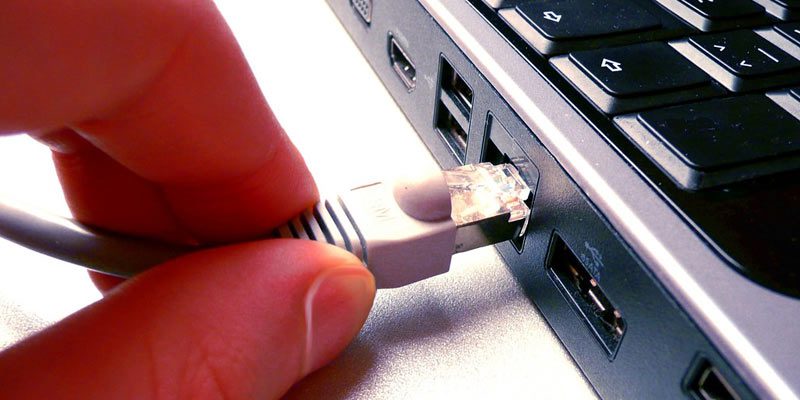Sometimes a wall or an oven is enough to slow down the playback speed of movies and TV series, other times you need to change the router:
here’s what to do to improve the quality of the Wi-Fi signal and the coverage.
Modern smart TVs allow us to watch thousands of movies and TV series in streaming , even in HD or 4K resolution and in high quality. For great streaming, however, you need a great Internet connection at home and a Wi-Fi router capable of spreading a strong, uniform and stable signal in the rooms.
A not very strong signal , in fact, may not allow us, for example, to see 4K content in a room of the house very far from the router. The typical case is that of the router positioned at the entrance to the house and the smart TV in the bedroom. The same movie or episode, in such a case, could easily be seen in 4K in the living room ( near the Wi-Fi router ) and only in HD in the bedroom ( away from the Wi-Fi router ). To improve the quality of the signal, and therefore the speed and quality of the streaming, it is therefore useful that the router is not too far from the smart TV (and possibly also that there are no large walls between the two devices). But this is not always possible, because our houses are never designed “streamlined “.
Streaming Speed: How Much Your Connection Matters
Before thinking about optimizing the router for streaming online content, it is important to ask yourself how fast the Internet connection we have really is. We can have the best router in the world and place it in front of the smart TV, but if the connection is an old slow ADSL there will be nothing to do.
Netflix, for example, for 4K content suggests a connection speed of at least 25 Mb per second . Let’s do a speed test on the connection by connecting a laptop directly to the router (via a network cable) to find out the maximum speed we can reach. The one obtained with Wi-Fi, in fact, can never be higher: an ADSL does not turn into fiber with a router.
Streaming speed: watch out for walls and interference
If we have a sufficient internet connection, but the streaming does not shine , then we can make several attempts to improve the situation . If it is not possible to bring the router closer to the TV we should at least make sure that there is no radio interference , usually caused by appliances such as microwave ovens or old cordless phones .
Just do a speed test (this time with wireless connection ) with these devices on and a speed test after turning them off: if there is a lot of speed difference we will have found the culprit.
Another enemy of fast streaming is obstacles: walls and large furniture , in particular. The walls cannot be moved, the furniture can. Also raise the router by putting it on a shelf can help in many cases the signal in this way manages to climb over a mobile that acts as a screen.
In any case, however, the golden rule is always the same: never more than two rooms away (between the router and the device that must receive the signal) and never more than two walls in between.
Streaming speed: when the problem is the router
All Internet Providers (ie the companies that provide us with the subscription connection) offer a router free of charge or on loan for use to their customers. When we make the contract, therefore, the operator’s standard modem-router arrives at our home .
These are not always very modern and efficient models: they are devices that almost always offer the basic functions and a connection speed that is not the best. It is possible to change them and the operator is required to provide the parameters to be entered in the ” free ” modem-router that are necessary to configure it to connect it correctly to the Internet line.
In recent months, the first models of high-performance Wi-Fi 6 routers (IEEE 802.11ax standard) have arrived on the market , which are the most you can currently ask for from these devices. Their true potential will only be seen in a few years, when Wi-Fi 6 connections will also be widespread among the devices that receive the signal (smartphones, laptops, smart TVs).
Also Read:
iPhone 13 Will Be Much Thicker Than iPhone 12 – Here’s Why
PlayStation 5 – Console Review
Differences Between ADSL Broadband vs Fiber Broadband








